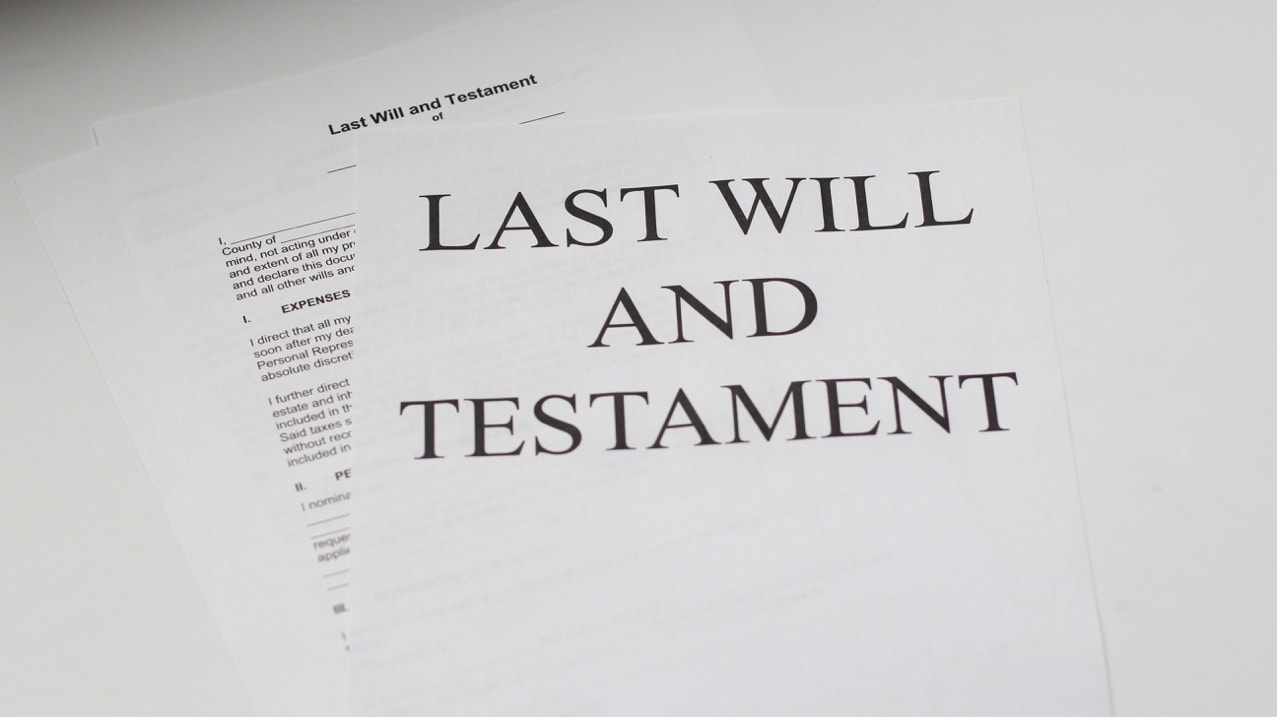You’re not alone if you’re uncertain or unaccustomed to Trusts as a component of estate planning. Some people require Trust, while others do not.
The probate procedure is another. What effect does Trust have on the probate procedure? To avoid the probate procedure, should you have Trust?
In this article, we help you determine if enacting a Trust to avoid probate is a good idea by answering the common queries regarding Trusts and probate.
What Is a Trust?
Numerous Trust types achieve different estate planning goals, such as lowering the risk of estate taxes and avoiding probate.
In general, a Trust is a written agreement that specifies how you want any wealth in the Trust to be used during your life and allocated after your passing.
A Trust is a contract between three primary parties:
- The creator and funder of the Trust
- The Trustee in charge of Trust Management
- The Trust’s recipients who are or will be eligible to receive funds
If the original Trustee is no longer able to manage the Trust, the Living Trust must also name a replacement Trustee to take over management of the Trust. Revocable means that the grantor of a living Trust can change or abolish the Trust at any moment.
Although these Trusts are pretty flexible, they are practical tools for avoiding the probate procedure. The successor Trust takes over, covers any creditors, and transfers the property by the conditions of the Trust. It helps avoid the lengthy process of being nominated by the court and proceeding through probate.
What Is a Probate?
The act of settling your estate in the courtroom is referred to as “probate.” It serves two key objectives:
- Gathering, selling, or liquidation your assets
- Dispersing assets to recipients and paying off any outstanding obligations and expenditures.
When someone passes away, the executor is typically required to open an estate with the local register of wills, get sworn in, and inform heirs and creditors, among other responsibilities. Additionally, the executor must submit a list of the estate’s holdings to the court. This report will be publicly available so that anybody can access it.
Can Enacting a Trust Help to Avoid Probate?
Avoiding probate after death is one of the advantages of having a properly structured and financed living Trust.
Generally speaking, the probate court’s role after a death is to make sure that:
- If a Will exists, it is the deceased person’s genuine last Will, not a fake or revoked copy.
- The Decedent’s assets are preserved and secured against waste, theft, or neglect.
- All legal debts and bills are settled, including any applicable death taxes.
- What’s left is distributed in line with the Decedent’s lawful Last Will and Testament to the recipients.
Creating a living Trust can clarify these things, helping to avoid a lengthy probate process. It would be best if you concentrated on finding an estate planning lawyer to guide you through the Trust-creation procedure. Establishing a Trust is not costly and can be performed as a component of your estate planning procedure.
The Nevada probate attorneys at the Bourassa Law Group can provide highly individualized estate planning services to help you avoid probate. Call us at (800)870-8910 for a free consultation!





